Weatherproof shipping containers offer flexible and secure outdoor storage for various industries. With robust construction, they protect against elements while accommodating diverse sizes and configurations. Ideal for long-term storage, these containers are stackable, transportable, and scalable, catering to temporary or permanent needs. Key features include sturdy materials, protective coatings, ventilation, and secure locking mechanisms. From construction sites to remote events, shipping containers provide efficient, versatile solutions tailored to specific storage requirements.
Weatherproof shipping containers are transforming outdoor storage, offering a robust and versatile solution for long-term needs. In this guide, we explore how these containers provide an ideal, secure, and durable option for various applications. From protecting valuable goods against harsh weather to enhancing organization in outdoor spaces, understanding their key features is essential. We’ll delve into the benefits, use cases, and size considerations, empowering you to make informed choices for your specific requirements.
- Understanding Weatherproof Shipping Containers
- Benefits of Long-Term Outdoor Storage
- Key Features to Look for in Weatherproof Containers
- Applications and Use Cases
- Choosing the Right Size for Your Needs
Understanding Weatherproof Shipping Containers
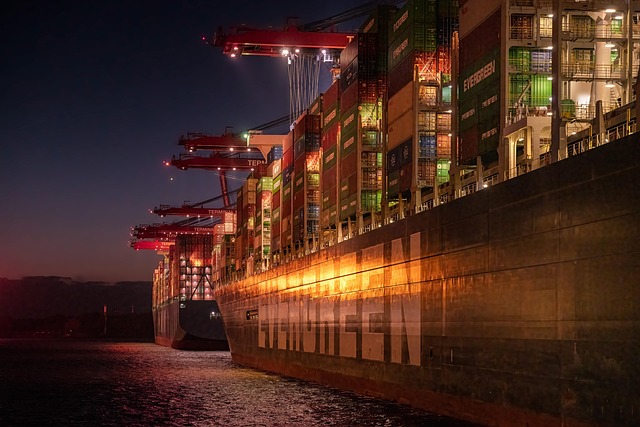
Weatherproof shipping containers are designed to withstand harsh outdoor conditions, making them ideal for long-term storage solutions. These specialized containers are built with durable materials and feature robust sealing mechanisms to protect their contents from the elements. Whether it’s a sea container, freight container, or intermodal container, each is engineered to offer unparalleled protection against rain, snow, wind, and extreme temperatures.
Understanding the concept of weatherproof shipping containers involves recognizing their versatility as both transportation and storage units. They come in various dimensions, capacities, and configurations like standard ISO containers, high cube containers, refrigerated containers, flat rack containers, open top containers, and more. These modular containers can be leased or rented for short-term needs or permanently installed as part of a container depot, serving diverse industries from e-commerce to construction and event management.
Benefits of Long-Term Outdoor Storage
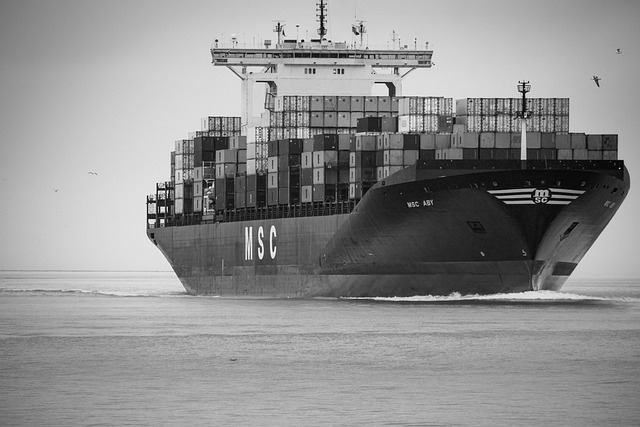
Long-term outdoor storage offers a multitude of advantages for businesses and individuals alike. One of the key benefits is the flexibility it provides. Shipping containers, such as ISO containers or freight containers, can be easily adapted for various purposes, from temporary offices to permanent storage solutions. They offer secure and weatherproof protection against elements like rain, snow, and UV rays, ensuring that sensitive items remain in optimal condition over extended periods.
Moreover, these containers are highly versatile and efficient. They can be stacked and stored compactly at container depots or easily transported via container shipping and container transport methods, making them ideal for businesses with fluctuating storage needs. Container leasing and container rental options further enhance their accessibility, allowing users to scale up or down as required without committing to long-term infrastructure investments.
Key Features to Look for in Weatherproof Containers
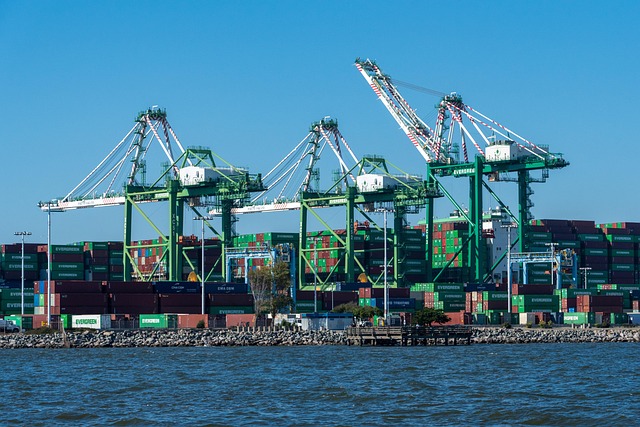
When considering weatherproof shipping containers for long-term outdoor storage, several key features should be at the forefront of your decision-making process. Firstly, look for containers that are designed with robust materials and a sturdy construction to withstand varying weather conditions. These include heavy-duty steel frames, sealed seams, and high-quality coatings that offer protection against rust and corrosion, ensuring longevity even when exposed to moisture and extreme temperatures.
Additionally, consider the container’s ventilation system, which is crucial for maintaining optimal storage conditions, especially if you plan to store items sensitive to temperature fluctuations. Some containers feature integrated ventilation panels or adjustable vents, allowing for air circulation and preventing the buildup of humidity. Other essential features include robust locking mechanisms for security, water-tight seals, and a design that minimizes debris accumulation, ensuring your belongings remain protected and safe from the elements.
Applications and Use Cases
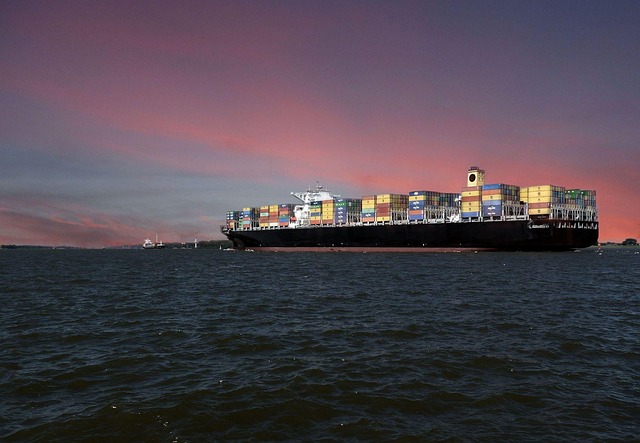
Shipping containers have evolved far beyond their initial purpose of seamless global shipping and transport. Today, they serve a diverse range of applications, especially in outdoor storage solutions. Whether it’s for temporary or long-term use, weatherproof shipping containers are ideal for various industries. For instance, construction sites often utilize these containers to store machinery, tools, and building materials securely and protect them from the elements.
In remote areas where establishing permanent structures is impractical, these containers can be deployed as modular offices, providing a quick and adaptable workspace. They are also valuable in event management, serving as storage for equipment, decorations, and supplies. Additionally, with modifications, shipping containers can become refrigerated units for food storage or even converted into cozy living spaces, showcasing their versatility in meeting diverse storage needs.
Choosing the Right Size for Your Needs
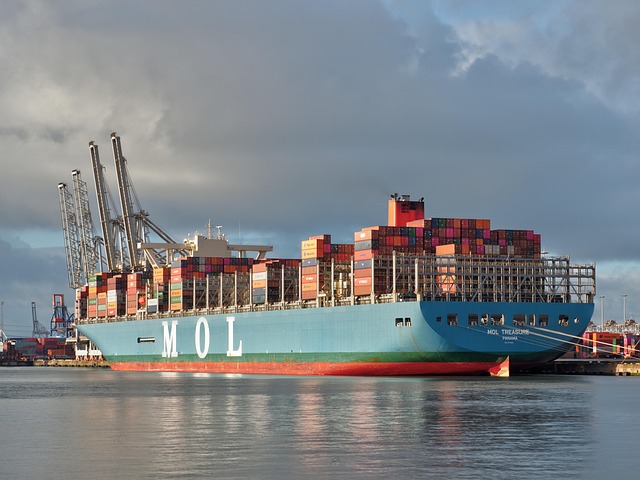
When considering weatherproof shipping containers for long-term outdoor storage, one of the first things to assess is your specific needs in terms of size. Shipping containers come in various dimensions, each offering a unique combination of container capacity and container dimensions. The right fit ensures optimal utilization of space while catering to your intended storage purposes. For instance, if you’re storing large equipment or bulky goods, go for a standard 20-foot or 40-foot freight container, providing ample interior volume. On the other hand, smaller items and limited space might call for a high cube container, which offers additional vertical room without altering the standard length and width of a standard sea container or ISO container.
Choosing the suitable storage container size also depends on factors like weight capacity, accessibility, and long-term weather exposure. Heavier items may require reinforced cargo containers or refrigerated containers for added structural integrity and temperature control. Conversely, if your stored goods are sensitive to sunlight, consider open top containers or flat rack containers with removable tops for partial protection from the elements without completely opening up the container.
Weatherproof shipping containers offer an efficient, durable, and versatile solution for long-term outdoor storage. Their robust construction ensures items remain protected from the elements, making them ideal for various applications. By understanding their key features and benefits, you can choose the right size and application, ensuring your stored goods are secure and safe for years to come.
